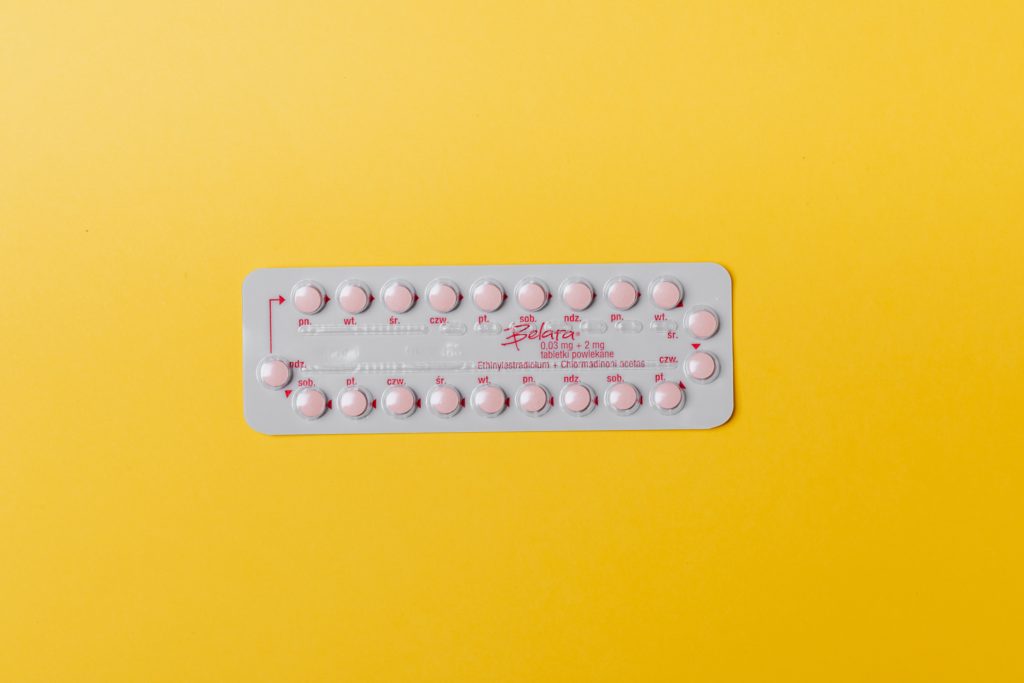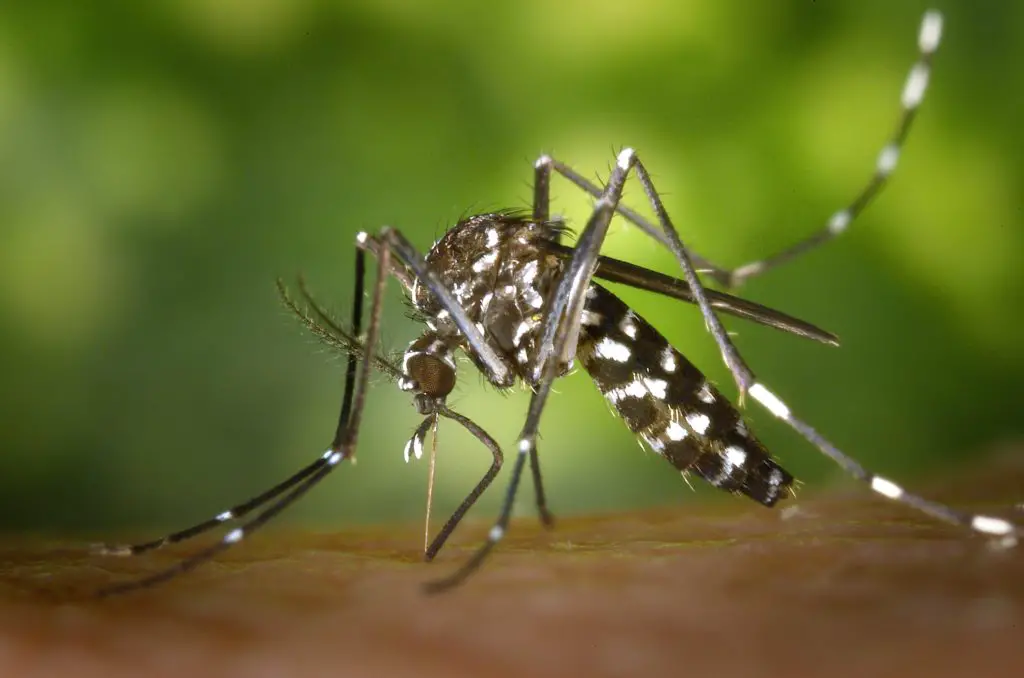Do I have to take PCOD/PCOS medicines for a lifetime?
One of our visitors asked this question. Since PCOD or PCOS is one of the common health issues in females, I decided to write on this topic.
Let’s clear some basics first.
What is PCOD OR PCOS?
The full form of PCOD is Polycystic Ovary Disease. When it is associated with other metabolic disorders like high blood sugar, high cholesterol, hypertension then it is known as PCOS (Polycystic Ovarian Syndrome).
What happens in PCOD/PCOS?
In this condition, there is a disturbance in the blood level of female hormones (estrogen, progesterone) and an increase in the levels of androgen (a male hormone). Yes, females also produce a small amount of androgen (testosterone) in their body.
What happens when androgen levels increase?
You will suffer from irregularities in your menstrual cycle (periods), you will have trouble getting pregnant. You will suffer from excess body hair growth and acne. And as the name suggests you will have multiple small cysts in your ovaries. But remember one thing, it is not at all necessary that all PCOS/PCOD patients will have cysts in their ovaries.
What causes PCOS/PCOD?
Both genetic and environmental factors are held responsible for it. If your mom, sister or aunt is suffering from PCOS/PCOD then the chances of you getting it increases many times.
What happens when female hormone levels are not in normal range?
Normally these female hormones help in releasing the egg from the ovary. But due to variation in hormone levels, ovaries fail to release the egg. The egg stays inside the ovary and fluid starts accumulating around it. This results in the formation of multiple cysts around them. But as I said earlier, it is not at all necessary that all women suffering from PCOD/PCOS will have cysts. There are also other factors on the basis of which diagnosis of PCOD/PCOS is made.
What are the symptoms?
You may have irregularities in your periods. Sometimes periods will be heavy and sometimes you won’t even have periods. Since ovaries fail to release the egg, women suffer from infertility. There is an excess of androgen hormone so females usually suffer from excess hair on the face, chest, around nipples or even tummy. You may have episodes of acne outbreak and may notice some skin changes like thick and dark skin, skin creases, especially around the neck, armpits and groin. You may suffer from other symptoms due to an increase in androgen. These symptoms include male pattern baldness, enlargement of the clitoris, decrease breast size and deepening of the voice.
What are other health issues associated with PCOD/PCOS?
Women suffering from PCOD/PCOS usually are overweight/obese, have high blood sugar levels, high blood pressure, abnormal lipid profile (high cholesterol levels).
What tests are available for PCOD/PCOS?
Your doctor will ask you to get hormone levels done which include Estrogen, FSH, LH and Androgen (testosterone) along with blood sugar levels, cholesterol level. Other tests may include HCG (pregnancy test), thyroid levels and prolactin levels. Imaging tests like an ultrasound may be done to see the cysts in your ovaries.
What treatment options are available for PCOD/PCOS?
The first thing your doctor will advice is to lose some weight. Weight reduction can manage your other health issues like obesity, hypertension, diabetes, high cholesterol levels. Your doctor will write you a prescription for birth control pills. These pills will help you to normalise your periods. They will help in the reduction of acne and excessive hair. Your doctor may prescribe you an anti-diabetic drug name Metformin. It will help you in managing blood sugar levels as well as help in losing weight. Your doctor may advise an Intrauterine device (IUD) to make your periods regular. You can use medicines for hair growth control or you can undergo other procedures like laser hair removal. But you may need them multiple times and they are not cheap.
Can I get pregnant if I am suffering from PCOD/PCOS?
Yes, you can get pregnant even if you are suffering from PCOD/PCOS. If you want to get pregnant then your doctor may advice additional medicines like LH releasing hormones, clomiphene citrate etc. These will help in the release of the egg from ovaries and your chances of getting pregnant will increase. But there is an increased risk of miscarriage, hypertension and getting diabetes during pregnancy (Gestational Diabetes).
Are there any complications of PCOD/PCOS?
As I mentioned earlier, there are obesity-related issues like diabetes, hypertension. Other complications include infertility and risk of endometrial cancer.
Do I have to take PCOD/PCOS medicines for a lifetime?
Unfortunately, PCOS/PCOD is a lifelong disease. It is associated with chronic complications like heart disease. So you have to take medicines for lifelong to manage your health issues and symptoms. But many studies have shown that if you lose weight then your blood sugar level, cholesterol level and androgen level will start improving gradually. In lean women with PCOD, the chances of having heart issues get reduce significantly. So you should focus on losing weight. As your symptoms will improve over time, you will need fewer medicines. Choose a diet plan among the Top 10 Best Diet Plans to lose weight.










